Home>Interior Design>Experts On Gas Stove Alternatives And Reasons To Make The Switch


Interior Design
Experts On Gas Stove Alternatives And Reasons To Make The Switch
Modified: March 1, 2024
Discover the expert advice on gas stove alternatives for interior design enthusiasts. Find out the top reasons to make the switch today!
(Many of the links in this article redirect to a specific reviewed product. Your purchase of these products through affiliate links helps to generate commission for Storables.com, at no extra cost. Learn more)
Introduction
In the world of interior design, every detail matters. From the color scheme to the furniture layout, each element contributes to creating the perfect ambiance. And when it comes to the heart of the home, the kitchen, there is one appliance that takes center stage – the stove. Traditionally, gas stoves have been the go-to choice for homeowners due to their efficiency and precise control over the heat. However, with advancements in technology and increasing concerns about safety and environmental impact, many people are exploring gas stove alternatives. In this article, we will delve into the benefits of these alternatives, the various types available, and the reasons why you might consider making the switch.
Key Takeaways:
- Consider gas stove alternatives like electric stoves and induction cooktops for energy efficiency, safety, and improved cooking experience. Research and consult professionals to make an informed decision.
- Prioritize factors such as cooking style, cookware compatibility, installation requirements, maintenance, and overall cost before switching to a gas stove alternative. Ensure it aligns with your needs and budget.
Read more: What Is The Best Gas Cooktop
Benefits of Gas Stove Alternatives
While gas stoves have long been favored for their quick cooking abilities and the ability to control the flame, there are several compelling benefits to considering gas stove alternatives. Let’s take a closer look at some of these advantages:
- Energy Efficiency: Gas stoves can be energy-intensive, especially if you use them frequently or for extended periods. Gas stove alternatives, on the other hand, often offer greater energy efficiency. For example, electric stoves are designed to use energy more efficiently, resulting in less wasted heat. This can translate into lower energy bills and a reduced carbon footprint.
- Clean and Easy to Use: Gas stoves can be a hassle to clean, with burners and grates that require regular maintenance. Gas stove alternatives, such as electric stoves or induction cooktops, typically have smooth surfaces that are easy to wipe clean. This means less time spent scrubbing and more time enjoying your meal.
- Increased Safety: Gas stoves can pose safety risks, such as gas leaks or fire hazards. Gas stove alternatives, particularly electric stoves or induction cooktops, eliminate these concerns. Electric stoves eliminate the risk of gas leaks altogether, while induction cooktops only generate heat when in contact with compatible cookware, reducing the chance of accidental burns.
- Improved Cooking Experience: Gas stove alternatives offer a range of features that can enhance your cooking experience. Electric stoves often come with precise temperature control settings, making it easier to achieve the desired cooking result. Induction cooktops, on the other hand, provide rapid heating and cooling capabilities, allowing for shorter cooking times and more precise heat control.
Overall, gas stove alternatives provide numerous benefits, including energy efficiency, ease of use, increased safety, and an improved cooking experience. By considering these alternatives, you can find the perfect stove option that aligns with your needs and preferences, while also contributing to a more sustainable and efficient kitchen.
Types of Gas Stove Alternatives
When it comes to gas stove alternatives, there are several options to choose from, each with its own unique features and benefits. Let’s explore some of the most popular types of gas stove alternatives:
- Electric Stoves: Electric stoves are a common alternative to gas stoves. They rely on electricity to generate heat through heating elements located under the cooktop surface. Electric stoves offer even heat distribution, precise temperature control, and easy cleaning. They are available in coil or smooth-top configurations.
- Induction Cooktops: Induction cooktops have gained popularity in recent years due to their exceptional performance and safety features. These cooktops use magnetic fields to generate heat directly in the compatible cookware, rather than through the cooktop surface itself. Induction cooktops offer rapid heating and cooling, precise temperature control, and increased energy efficiency.
- Ceramic Cooktops: Ceramic cooktops, also known as glass cooktops, feature a smooth glass surface with built-in heating elements underneath. These cooktops provide a sleek and modern aesthetic, with easy-to-clean surfaces. Ceramic cooktops are available in radiant or halogen options, offering efficient heat transfer and precise temperature control.
These gas stove alternatives offer a range of features and benefits, allowing homeowners to choose the option that best suits their cooking style and preferences. Whether you prefer the precise control of an electric stove, the speed and efficiency of an induction cooktop, or the seamless look of a ceramic cooktop, there is a gas stove alternative to meet your needs.
Electric Stoves
Electric stoves are a popular gas stove alternative that offer numerous benefits and features for homeowners. These stoves rely on electricity to generate heat through heating elements located under the cooktop surface. Let’s take a closer look at the advantages and features of electric stoves:
- Precise Temperature Control: One of the key advantages of electric stoves is their precise temperature control. With adjustable temperature settings, you can easily achieve the desired heat level for your cooking needs. This allows for more accurate cooking and better results.
- Even Heat Distribution: Electric stoves provide even heat distribution across the cooking surface. This eliminates hot spots and ensures that your food cooks evenly. Whether you are simmering a delicate sauce or searing a steak, you can rely on consistent heat throughout the cooking process.
- Easy to Clean: Unlike gas stoves with their burners and grates, electric stoves have a smooth surface that is easy to clean. Spills and splatters can be quickly wiped away, making your cleanup routine more efficient. Additionally, some electric stoves feature removable coils or burners, further simplifying the cleaning process.
- Energy Efficiency: Electric stoves are designed to use energy more efficiently compared to gas stoves. They convert a higher percentage of the energy they consume into heat, resulting in less wasted energy. This not only helps to reduce your energy bills but also has a positive environmental impact.
- Versatility: Electric stoves come in various configurations to suit different cooking needs. You can choose between coil or smooth-top electric stoves, depending on your preference and cooking style. Smooth-top electric stoves provide a sleek and modern look, while coil electric stoves are known for their durability and affordability.
Electric stoves offer a range of benefits that make them a compelling alternative to gas stoves. From precise temperature control to even heat distribution and easy cleaning, electric stoves can enhance your cooking experience. Whether you’re renovating your kitchen or simply looking for an energy-efficient option, electric stoves provide a reliable and practical solution for your culinary needs.
Induction Cooktops
Induction cooktops have gained popularity as a gas stove alternative due to their exceptional performance and safety features. These cooktops utilize magnetic fields to generate heat directly in the compatible cookware, rather than through the cooktop surface itself. Let’s explore the advantages and features of induction cooktops:
- Rapid Heating and Cooling: Induction cooktops offer incredibly fast heating and cooling capabilities. Unlike gas or electric stoves, induction cooktops heat up and cool down almost instantaneously, saving you valuable cooking time. This quick response time provides greater control over your cooking process.
- Precise Temperature Control: Induction cooktops provide precise temperature control, allowing you to easily adjust the heat to your desired level. The responsive nature of induction technology ensures that the temperature remains consistent, giving you better control over your cooking results. Induction cooktops are particularly well-suited for delicate tasks such as simmering sauces or melting chocolate.
- Energy Efficiency: Induction cooktops are highly energy efficient. Since the heat is generated directly in the cookware, there is less wasted heat and energy compared to gas or electric stoves. Induction cooktops can heat up faster than other alternatives, reducing cooking times and saving energy in the process.
- Safety Features: Induction cooktops are known for their safety features. The cooktop surface itself does not get hot, as the heat is generated in the cookware. This reduces the risk of accidental burns and provides a safer cooking environment, especially for households with young children. Additionally, many induction cooktops have built-in features like automatic shut-off and child lock for added safety.
Induction cooktops offer a modern and sleek aesthetic to any kitchen. Their advanced technology, rapid heating, precise temperature control, and energy efficiency make them an attractive choice for homeowners. While induction cooktops require induction-compatible cookware, the benefits they bring to your cooking experience are well worth the investment.
Read more: How To Replace A Gas Cooktop
Ceramic Cooktops
Ceramic cooktops, also known as glass cooktops, are another popular gas stove alternative that offer a sleek and modern look to any kitchen. These cooktops feature a smooth glass surface with built-in heating elements underneath. Let’s explore the advantages and features of ceramic cooktops:
- Sleek and Stylish Design: Ceramic cooktops provide a seamless and stylish aesthetic to your kitchen. The smooth glass surface adds a touch of sophistication and elegance, enhancing the overall appeal of your cooking space. Ceramic cooktops are available in a variety of colors, allowing you to choose the one that best complements your kitchen decor.
- Efficient Heat Transfer: Ceramic cooktops are designed to transfer heat efficiently. The heating elements distribute heat evenly, ensuring consistent cooking results. Whether you’re boiling water or simmering a delicate sauce, you can rely on the uniform heat distribution of a ceramic cooktop.
- Precise Temperature Control: Ceramic cooktops offer precise temperature control, allowing you to adjust the heat to your desired level. Some models even come with variable-size cooking zones, giving you the flexibility to use different-sized pots and pans while still maintaining precise temperature settings.
- Easy to Clean: The smooth glass surface of ceramic cooktops makes them easy to clean. Spills and splatters can be easily wiped away with a damp cloth or sponge. However, it is important to note that abrasive cleaners should be avoided to prevent any damage to the glass surface. Regular maintenance and gentle cleaning will keep your ceramic cooktop looking pristine.
Ceramic cooktops offer a combination of style and functionality, making them a popular choice for homeowners. Their sleek design, efficient heat transfer, precise temperature control, and easy maintenance make them a practical gas stove alternative. Whether you’re remodeling your kitchen or looking to upgrade your cooking appliances, ceramic cooktops can elevate the overall look and functionality of your culinary space.
When considering a switch from a gas stove to an alternative, such as an electric or induction stove, be sure to factor in the cost of installation and any necessary upgrades to your kitchen’s electrical system.
Reasons to Make the Switch
Considering a switch from a gas stove to a gas stove alternative offers several compelling reasons. Let’s explore some of the key factors that may influence your decision:
- Energy Efficiency: Gas stove alternatives, such as electric stoves or induction cooktops, are often more energy-efficient compared to traditional gas stoves. They are designed to minimize energy waste, resulting in lower utility bills and reduced environmental impact. By making the switch, you can contribute to a more sustainable and efficient kitchen.
- Safety Concerns: Gas stoves can present safety hazards such as gas leaks or fire risks. Gas stove alternatives provide a safer cooking environment, particularly electric stoves or induction cooktops. Electric stoves eliminate the risk of gas leaks, while induction cooktops only generate heat when in contact with compatible cookware, reducing the chance of accidental burns.
- Environmental Impact: Gas stoves contribute to indoor air pollution as they release carbon monoxide and other harmful emissions. Gas stove alternatives, on the other hand, produce fewer emissions and pollutants, leading to improved indoor air quality. By switching to a gas stove alternative, you can create a healthier environment for you and your loved ones.
- Flexibility and Innovation: Gas stove alternatives offer a wide range of features and innovations that can enhance your cooking experience. From precise temperature control to rapid heating and cooling capabilities, these alternatives provide greater flexibility and convenience in the kitchen. Induction cooktops, for example, offer advanced features such as automatic shut-off and child lock for added safety and peace of mind.
It is important to consider your specific needs, preferences, and cooking style when deciding to make the switch. Factors such as energy efficiency, safety concerns, environmental impact, and the desire for more innovative features can all play a role in determining the best gas stove alternative for your kitchen. Consulting with a professional or doing thorough research can help you make an informed decision that aligns with your requirements.
Energy Efficiency
When it comes to choosing a gas stove alternative, energy efficiency is a crucial factor to consider. Energy-efficient appliances not only help reduce your carbon footprint but also result in significant cost savings over time. Let’s explore how gas stove alternatives, such as electric stoves and induction cooktops, offer improved energy efficiency compared to traditional gas stoves:
- Conversion Efficiency: Gas stoves rely on burning natural gas or propane to generate heat. During this combustion process, heat is generated, but a portion of the energy is lost through exhaust gases. In contrast, electric stoves directly convert electrical energy into heat, resulting in higher overall conversion efficiency. This means that a greater percentage of the energy consumed by an electric stove is utilized for cooking.
- Reduced Energy Loss: Gas stoves often produce excess heat that is lost into the surrounding environment. This wasted heat contributes to increased energy consumption and higher energy bills. Electric stoves and induction cooktops, on the other hand, generate heat only within the cookware, resulting in significantly less energy loss. This targeted heat delivery ensures that more energy is utilized for cooking, making these alternatives more energy-efficient.
- Precise Temperature Control: Gas stove alternatives, particularly induction cooktops, offer precise temperature control, allowing you to adjust the heat to specific levels with accuracy. This precision eliminates the need for excess heat and ensures that you are using only the amount of energy necessary for your cooking needs. With the ability to fine-tune the temperature, you can avoid unnecessary energy waste and achieve optimal cooking results.
- Instantaneous Heat: Induction cooktops, in particular, are known for their rapid heating and cooling capabilities. These cooktops use electromagnetic induction to generate heat directly in the cookware, resulting in almost instant heat transfer. This means you spend less time waiting for the cooktop to heat up, reducing overall cooking time and minimizing energy consumption.
By opting for energy-efficient gas stove alternatives, you can enjoy significant benefits. Not only will you save money on energy bills, but you’ll also contribute to a more sustainable future by reducing your energy consumption and carbon footprint. As technology continues to advance, gas stove alternatives offer improved energy efficiency while still providing the performance and functionality required in a modern kitchen.
Safety Concerns
When it comes to the kitchen, safety is of utmost importance. Gas stoves, while common and widely used, come with inherent safety risks. Gas stove alternatives, such as electric stoves and induction cooktops, offer a safer cooking experience. Let’s delve into some of the safety concerns associated with gas stoves and how gas stove alternatives address these concerns:
- Gas Leaks: Gas stoves are fueled by natural gas or propane, which can pose a risk of gas leaks. These leaks can occur due to faulty connections or damaged gas lines. Gas leaks are hazardous, as they can lead to fire hazards or carbon monoxide poisoning. Gas stove alternatives, particularly electric stoves and induction cooktops, eliminate the risk of gas leaks altogether, providing a safer cooking environment.
- Open Flames: Gas stoves rely on open flames to heat the cookware, which can increase the risk of accidental fires. It’s possible for flammable items, such as curtains or kitchen towels, to come into contact with the flame, leading to a potentially dangerous situation. Gas stove alternatives like electric stoves and induction cooktops eliminate open flames, reducing the risk of fire hazards.
- Burns and Scalds: Traditional gas stoves can be the cause of burns and scalds due to their exposed flame and hot surfaces. Accidental contact with the flame or a hot burner can result in painful burns. Gas stove alternatives, especially induction cooktops, generate heat only within the cookware. The cooktop surface remains cool to the touch, significantly reducing the chance of accidental burns or scalds while cooking.
- Child Safety: Gas stoves can pose a particular danger to households with young children. Children are often curious and may accidentally turn on the gas knobs or ignite the flame, leading to potential safety hazards. Electric stoves and induction cooktops offer additional safety features such as child lock and automatic shut-off, helping to prevent accidents and ensure the safety of children in the kitchen.
By opting for gas stove alternatives, you can create a safer cooking environment for you and your family. The absence of gas leaks, open flames, and hot surfaces significantly reduces the risk of fire hazards and burns. Additionally, the child safety features offered by many gas stove alternatives provide peace of mind for parents. Prioritizing safety in the kitchen will allow you to enjoy your cooking experience with confidence and peace of mind.
Read more: How To Adjust Gas Stove Burners
Environmental Impact
As awareness of environmental issues grows, many homeowners are seeking ways to reduce their carbon footprint. Gas stove alternatives, such as electric stoves and induction cooktops, offer a more environmentally friendly option for your kitchen. Let’s explore the environmental impact of gas stoves and how gas stove alternatives can help mitigate these concerns:
- Reduced Emissions: Gas stoves generate carbon monoxide and other harmful emissions during the combustion process. These emissions can contribute to poor indoor air quality and have negative effects on human health and the environment. In contrast, gas stove alternatives like electric stoves and induction cooktops produce fewer emissions, helping to improve indoor air quality and reduce pollution.
- Energy Efficiency: Gas stove alternatives are designed to be more energy-efficient. They convert a higher percentage of the energy they consume into heat, minimizing wasted energy. This not only helps to reduce your energy bills but also decreases overall energy consumption. By choosing energy-efficient gas stove alternatives, you can make a positive impact on the environment by conserving valuable resources.
- Renewable Energy Compatibility: Electric stoves and induction cooktops have the advantage of being compatible with renewable energy sources. As the use of renewable energy, such as solar or wind power, becomes more widespread, homeowners can make use of these clean energy sources to power their kitchen appliances. By utilizing renewable energy alongside your gas stove alternative, you can further reduce your environmental impact.
- Sustainable Material Choices: When selecting a gas stove alternative, consider the materials used in its construction. Look for options that prioritize sustainable and eco-friendly materials. For example, some induction cooktops are made using recycled materials or have energy-saving features that further reduce environmental impact.
By opting for gas stove alternatives that are more environmentally friendly, you can contribute to a greener lifestyle and a healthier planet. Reduced emissions, energy efficiency, compatibility with renewable energy sources, and sustainable material choices all play a role in making gas stove alternatives a more sustainable choice for your kitchen. By making conscious decisions about your cooking appliances, you can take an active step towards creating a more sustainable and eco-friendly home.
Considerations Before Switching
Before making the switch from a gas stove to a gas stove alternative, there are a few important considerations to keep in mind. These factors will help ensure that you make an informed decision that suits your needs and preferences. Let’s explore some key considerations before making the switch:
- Cooking Style and Habits: Consider your cooking style and habits when choosing a gas stove alternative. Electric stoves and induction cooktops offer different cooking methods and temperature control options. If you rely heavily on high-heat cooking techniques, such as stir-frying, induction cooktops may be more suitable due to their rapid and precise heat control.
- Compatibility with Cookware: Some gas stove alternatives, like induction cooktops, require specific types of cookware that are magnetically responsive. Before making the switch, check if your current cookware is compatible or if you need to invest in induction-compatible pots and pans. This can influence your decision and the overall cost of switching to a gas stove alternative.
- Installation and Power Requirements: Consider the installation process and power requirements of gas stove alternatives. Electric stoves often require access to a dedicated electrical circuit with the appropriate voltage, while induction cooktops typically require a higher power supply. Ensure that your kitchen’s electrical infrastructure can support the chosen gas stove alternative.
- Maintenance and Repair: Gas stove alternatives may have different maintenance and repair requirements compared to traditional gas stoves. Electric stoves may require periodic replacement of heating elements, while induction cooktops might require repair by a specialized technician in case of any malfunctions. Research the maintenance needs and availability of repair services before making your decision.
- Cost Considerations: Switching to a gas stove alternative involves costs beyond the initial purchase. Consider the overall cost, including installation, any necessary upgrades to your kitchen’s electrical system, and the potential need for induction-compatible cookware. Evaluate these factors to ensure that the switch is within your budget.
Taking these considerations into account will help you choose the right gas stove alternative that aligns with your cooking style, budget, and kitchen requirements. It’s also beneficial to consult with professionals or gather more information from reliable sources to make an informed decision and ensure a smooth transition to your chosen gas stove alternative.
Conclusion
When it comes to choosing a gas stove alternative, there are several factors to consider, from energy efficiency and safety concerns to environmental impact and personal preferences. Electric stoves and induction cooktops offer compelling benefits that make them attractive alternatives to traditional gas stoves.
Electric stoves provide precise temperature control, even heat distribution, and easy cleaning. They are a reliable option for those looking for a straightforward and efficient cooking experience. On the other hand, induction cooktops offer rapid heating and cooling, precise temperature control, increased safety, and energy efficiency. They utilize advanced technology to provide a cooking experience that is both efficient and precise.
Consideration of factors like your cooking style, the compatibility of cookware, installation requirements, maintenance needs, and overall cost are essential before making the switch to a gas stove alternative. By taking these factors into account, you can find the perfect alternative that meets your specific needs and aligns with your budget.
Ultimately, the decision to switch to a gas stove alternative is a personal one that depends on individual preferences and priorities. Whether you prioritize energy efficiency, safety, or environmental impact, there is a gas stove alternative available that can meet your needs and offer a more sustainable and efficient cooking experience.
By embracing gas stove alternatives, you can create a stylish and functional kitchen while contributing to a healthier environment. The advancements in technology offer a range of options that provide precise temperature control, rapid heating and cooling, and reduced energy consumption.
As you consider making the switch, take the time to research and explore the various gas stove alternatives available. Consult with professionals, read reviews, and consider your own unique needs to make an informed decision. With the right gas stove alternative, you can enhance your cooking experience while making a positive impact on both your home and the planet.
In conclusion, the world of gas stove alternatives offers a wide range of choices, each with their own set of benefits and features. By evaluating your needs, priorities, and considerations, you can find the perfect gas stove alternative that will transform your kitchen into a functional and environmentally friendly space.
Frequently Asked Questions about Experts On Gas Stove Alternatives And Reasons To Make The Switch
Was this page helpful?
At Storables.com, we guarantee accurate and reliable information. Our content, validated by Expert Board Contributors, is crafted following stringent Editorial Policies. We're committed to providing you with well-researched, expert-backed insights for all your informational needs.

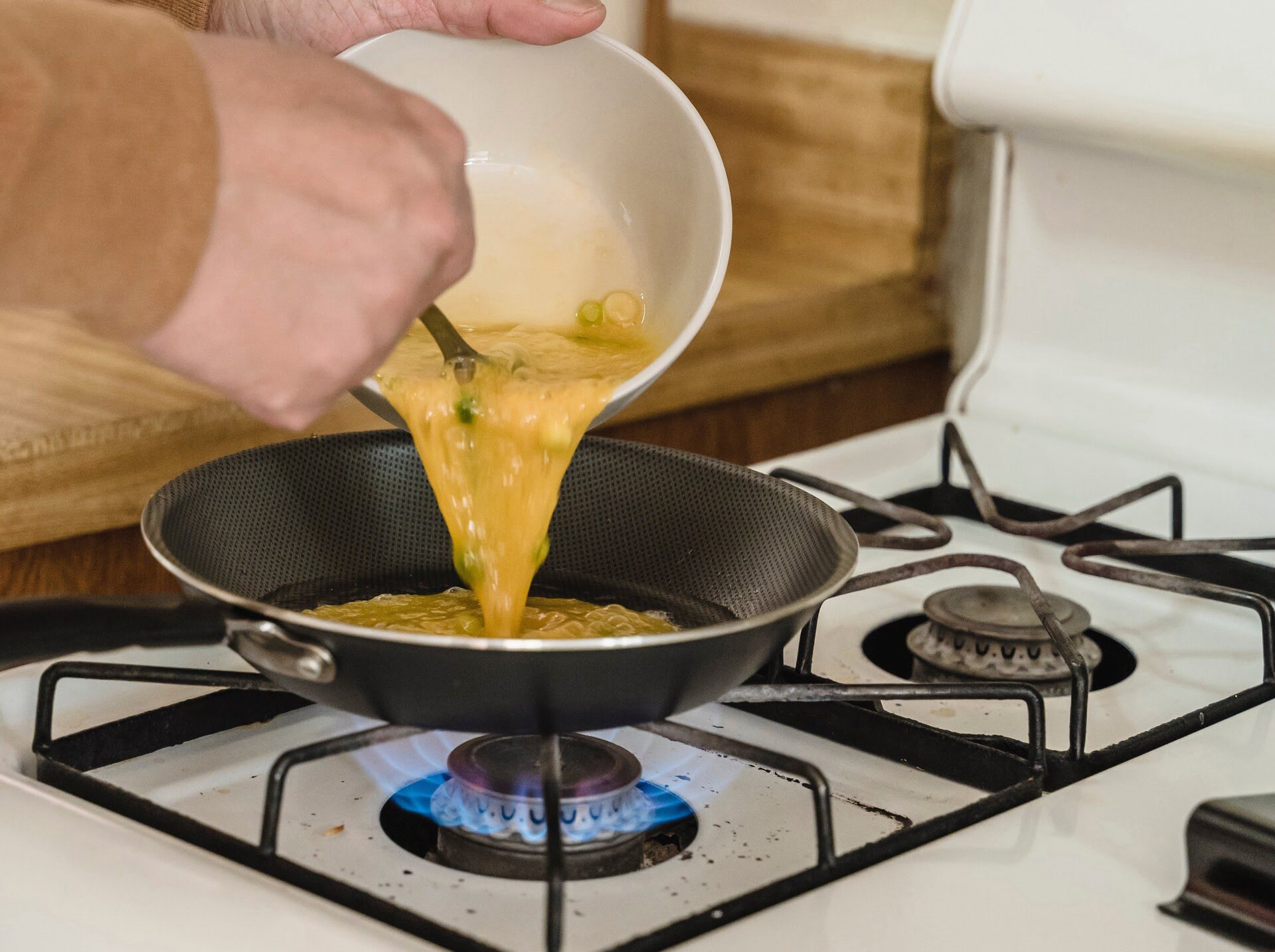

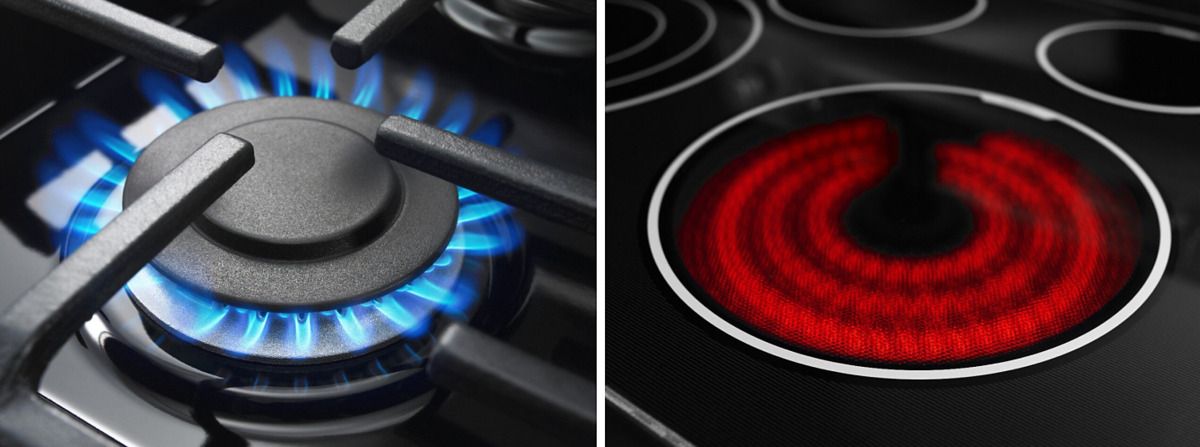


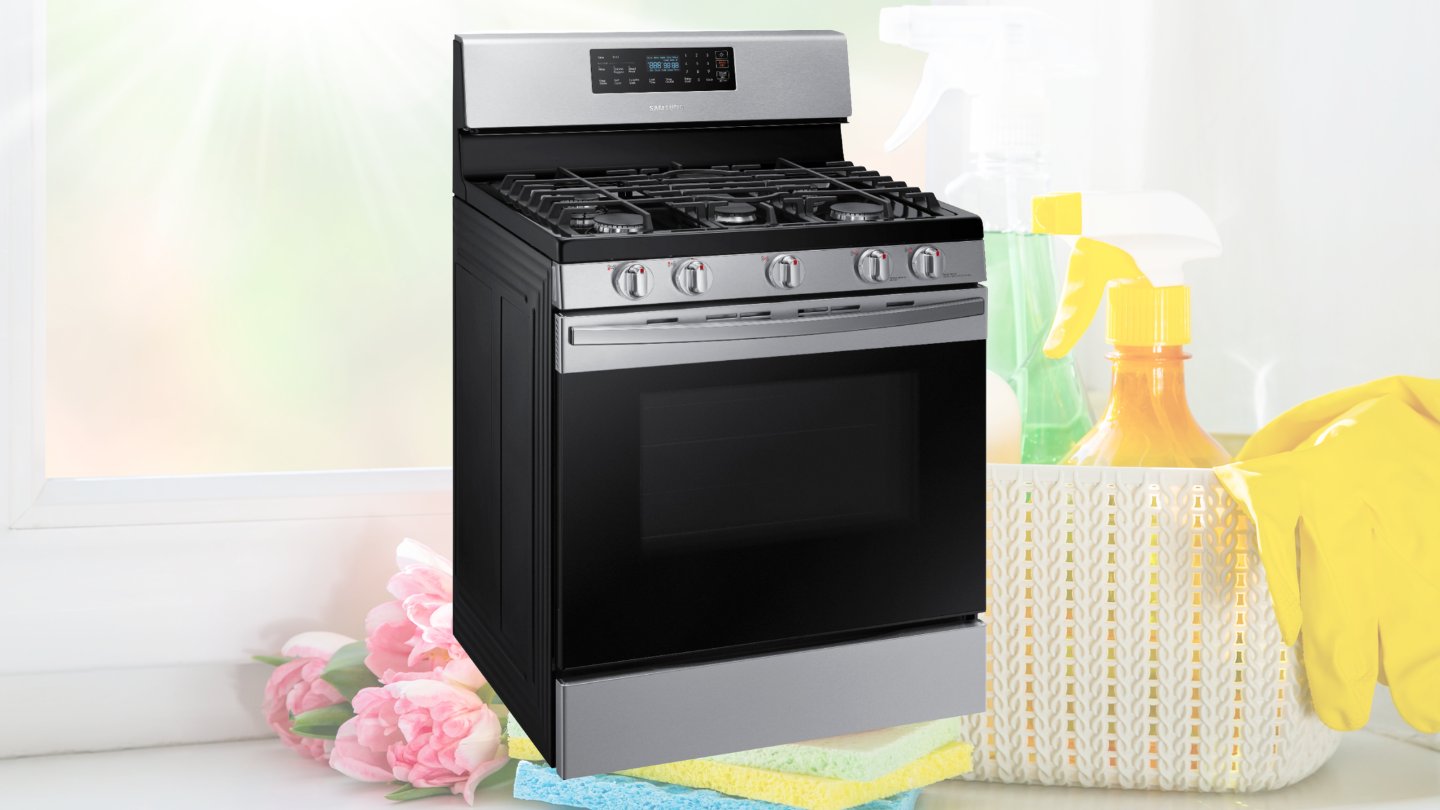

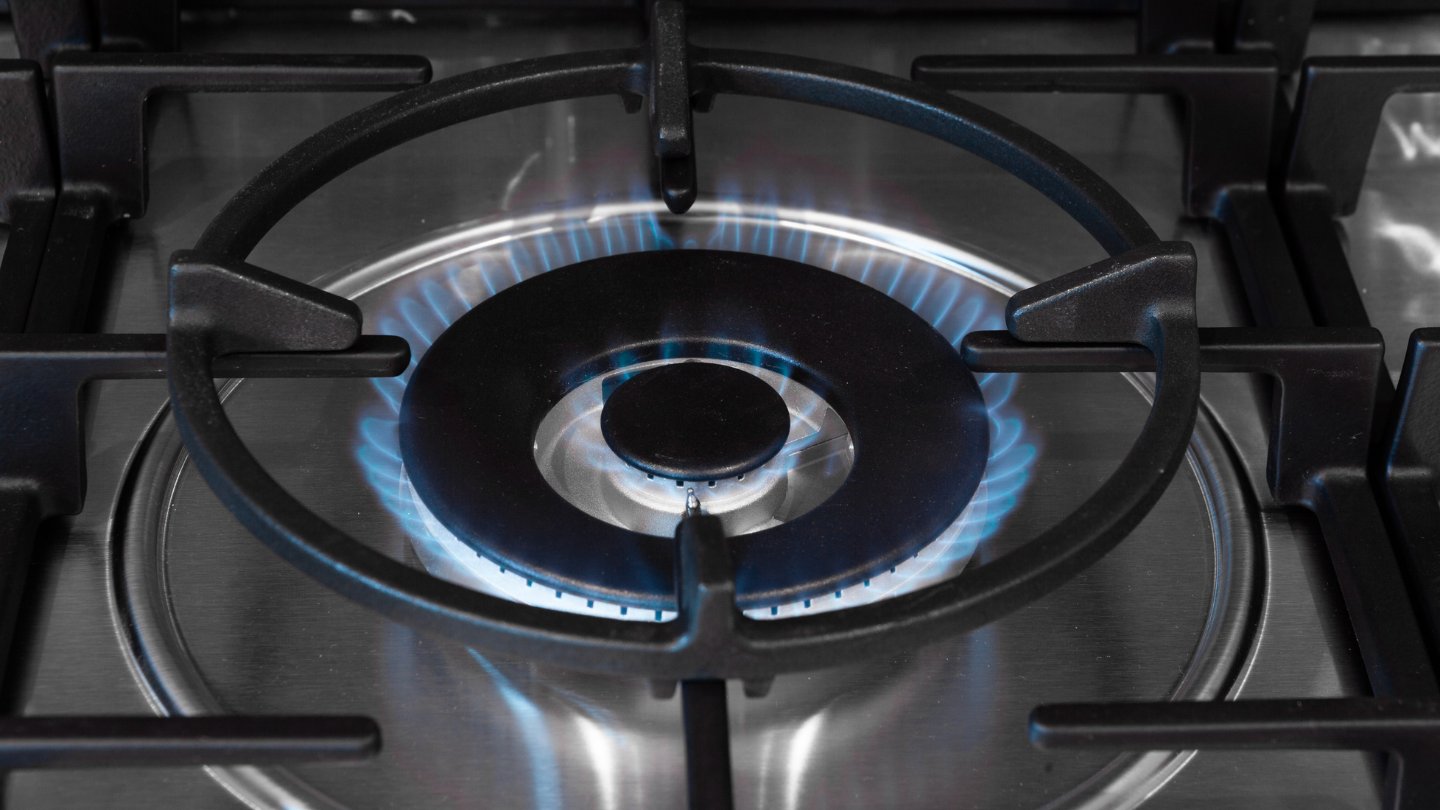
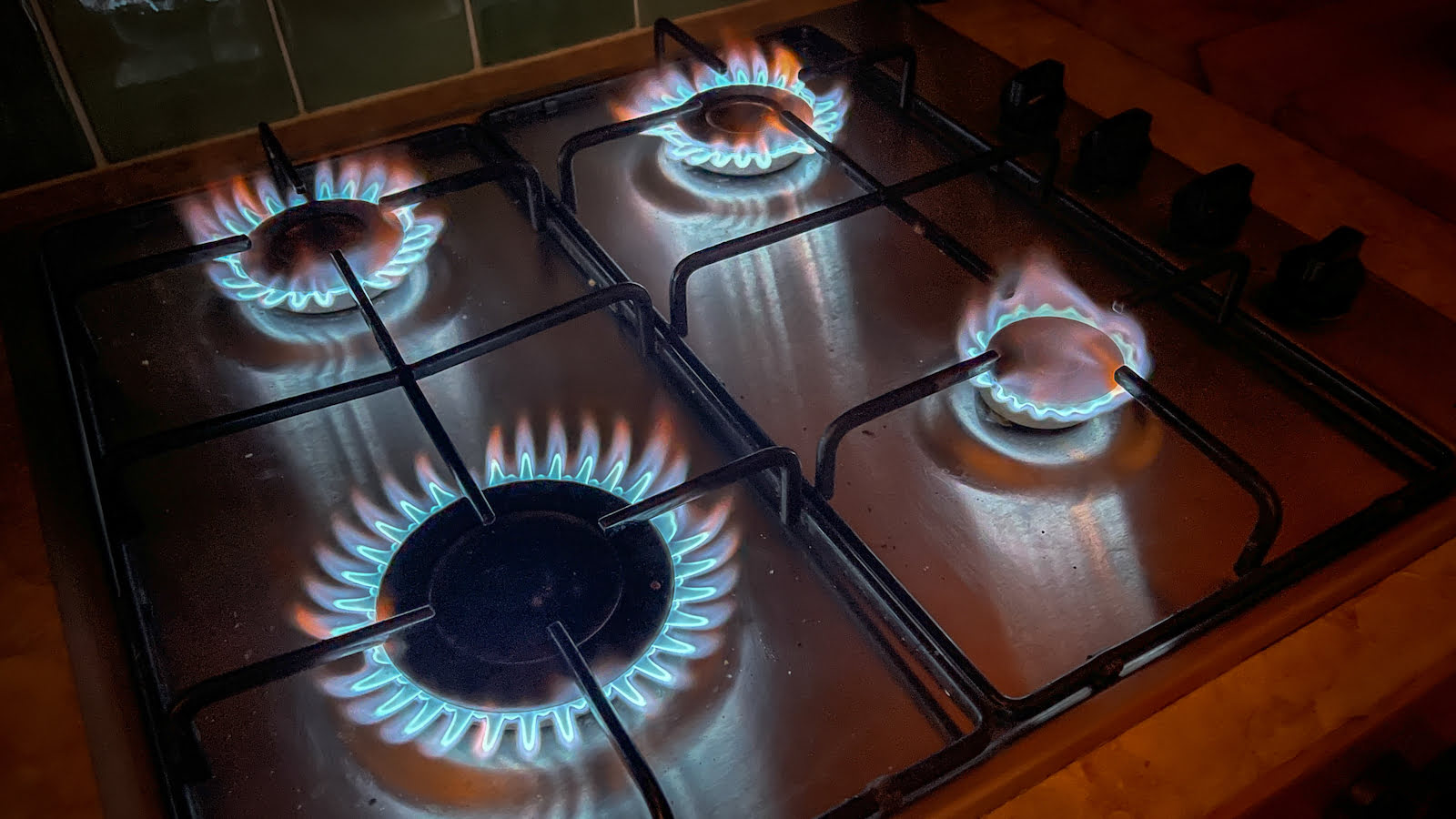
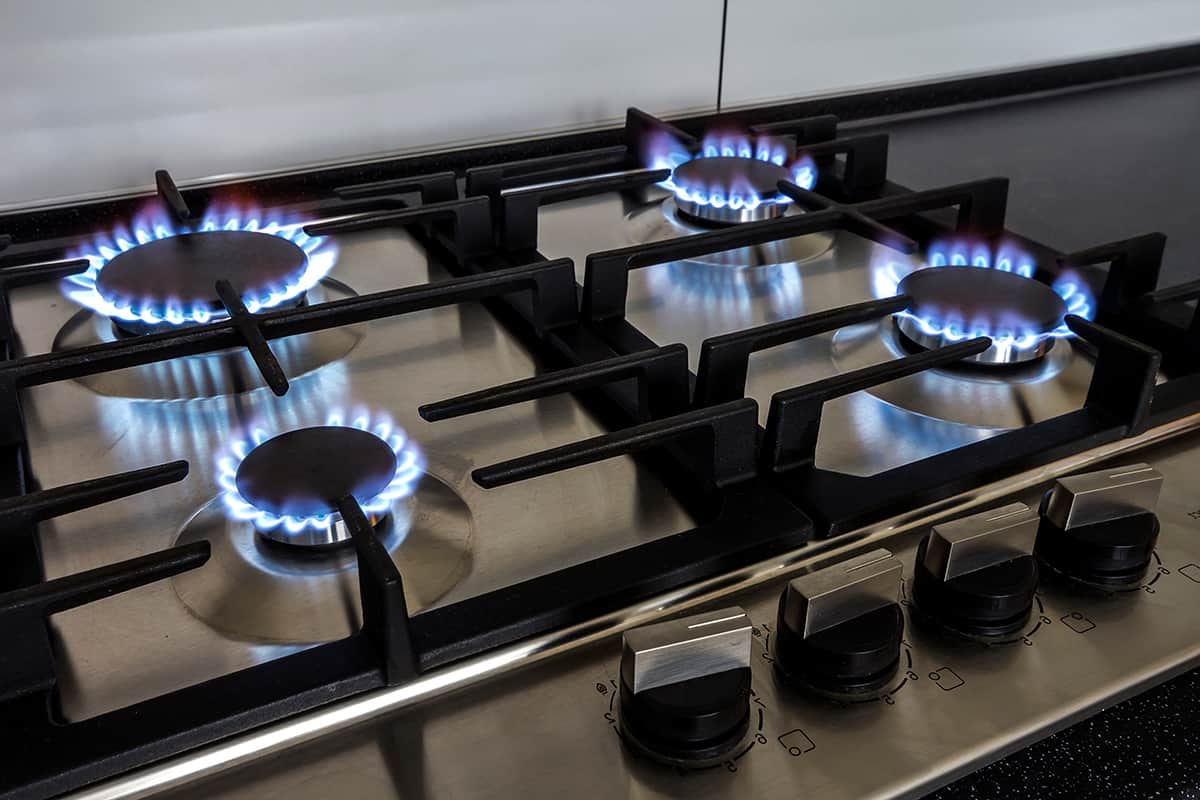
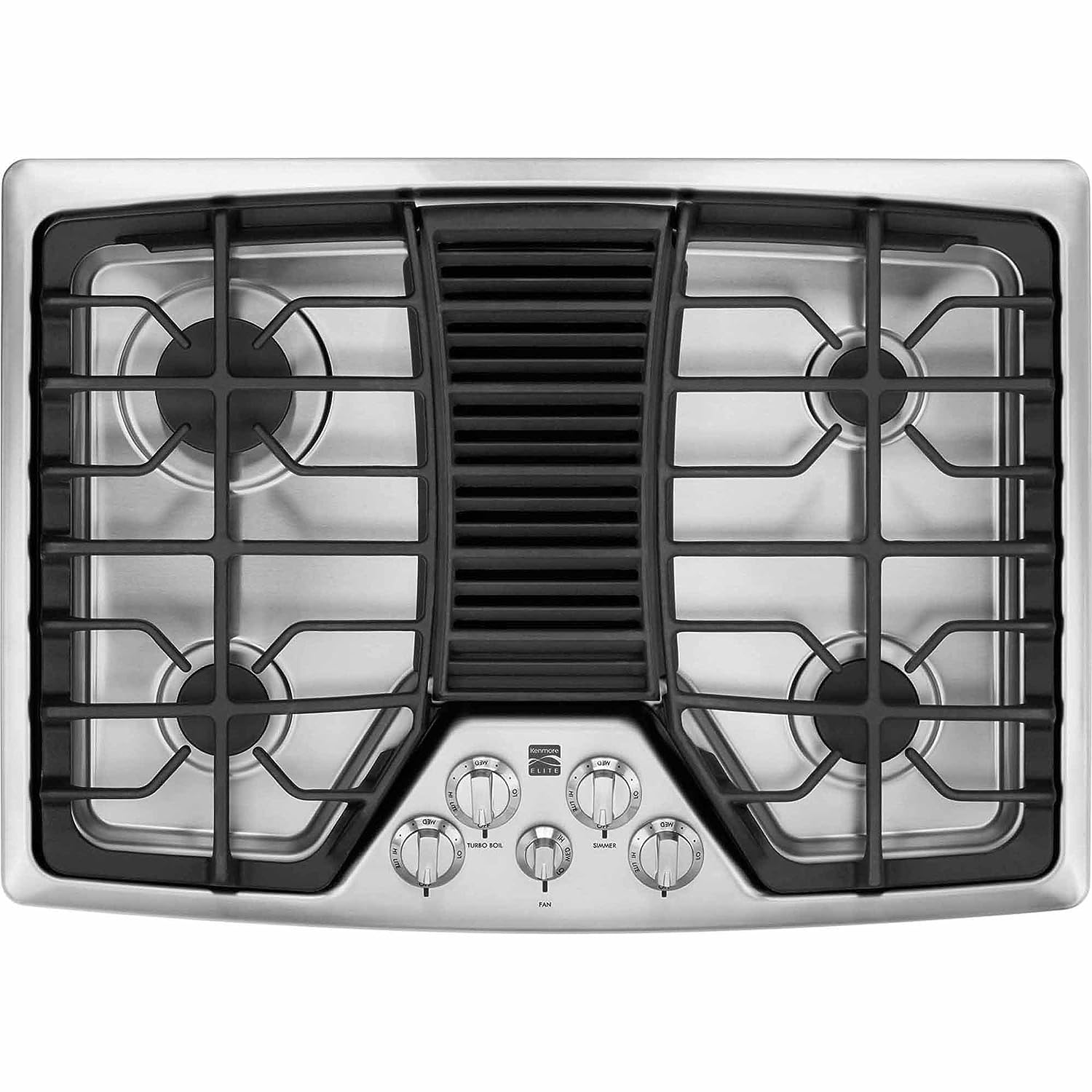


0 thoughts on “Experts On Gas Stove Alternatives And Reasons To Make The Switch”